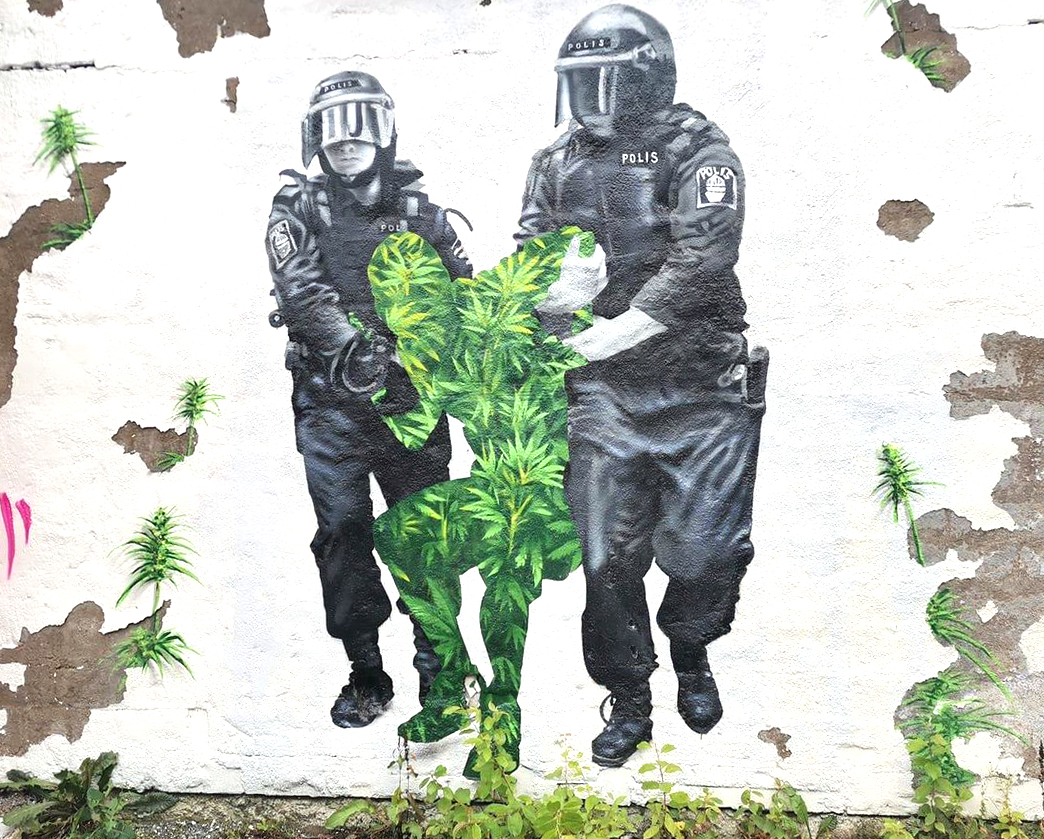Publication

Summary
Oddly, criminal prohibition can lead to “commoning.” This occurs when individuals, left unprotected by state and formal property rights, innovate community systems to access, use, and benefit from illegalized resources. Legalization, however, converts these prohibited commons to legal property systems, bringing new freedoms and liberties as well as the dispossession of collective assets (material, relational, and otherwise). This paradox of legalization is currently playing out among U.S. states moving to legalize cannabis. Motivated by the failures of cannabis prohibition and its grievous harms, the question looms: How will states and markets grapple with the collectively generated assets and relational systems generated under prohibition?
Building from ethnographic research and survey data, this article argues for recognition of commoning practices that produced the resources upon which the legal market is based. These practices illuminate ways that legalization may deliver not only markets and regulation but also emancipatory justice in the wake of the War on Drugs. First, we document the commoning practices of cannabis cultivators, the collective benefits they generated under prohibition, and how legalization is affecting these practices and dynamics. Second, we explore strategies, like allotment and pricing systems, that build from prohibited commoning practices to achieve greater collective benefits and the emancipatory potential of legalization.
